Auckland Council’s retail Green Bond offer last week raised $300 million, seeing the council surpass $1 billion in funds raised through the sustainable finance framework.
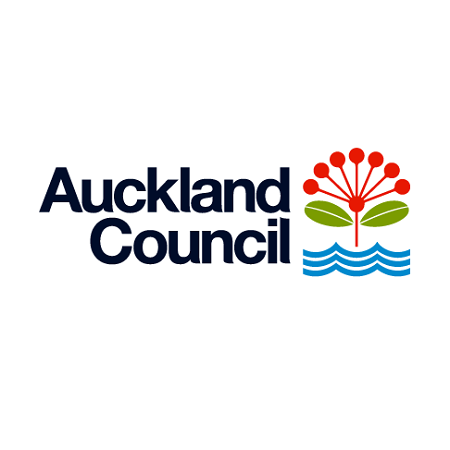

Auckland Council’s retail Green Bond offer last week raised $300 million, seeing the council surpass $1 billion in funds raised through the sustainable finance framework.
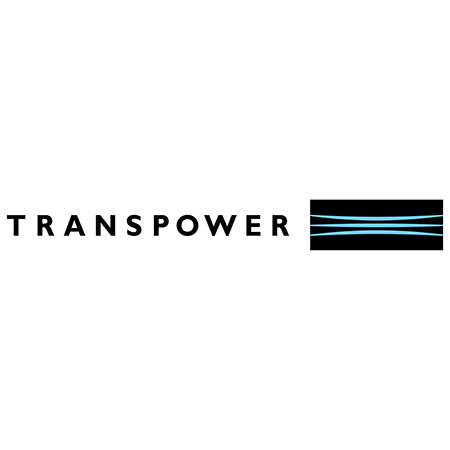
Transpower has published its six monthly monitoring report on the transformation of Aotearoa New Zealand’s energy system towards assisting the net zero carbon transition. It shows that while good progress is being made, this must be built upon.
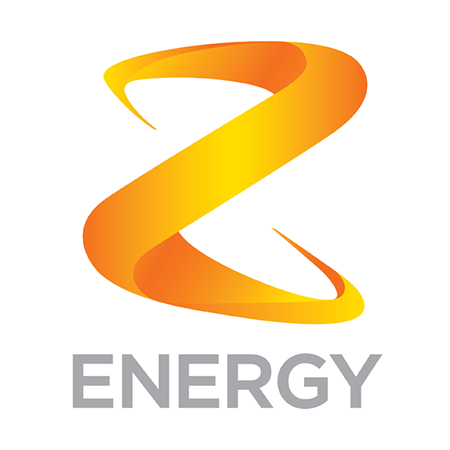
Z Energy is partnering with Finnish refiner Neste to bring drop-in biofuels to the New Zealand market.
The renewable fuels are high-quality and unlike conventional biofuels they are considered “drop-in” fuels as they are suitable to be used in existing diesel vehicle or aircraft fleet, the company says.

New Zealand is ranked ninth globally in KPMG’s first ever Net Zero Readiness Index (NZRI) released today in the lead-up to COP26. The benchmark report compares the progress of 32 countries in reducing greenhouse gas emissions and assesses their preparedness and ability to achieve net zero by 2050. Norway took the overall top ranking, with the UK and Sweden in second and third place.
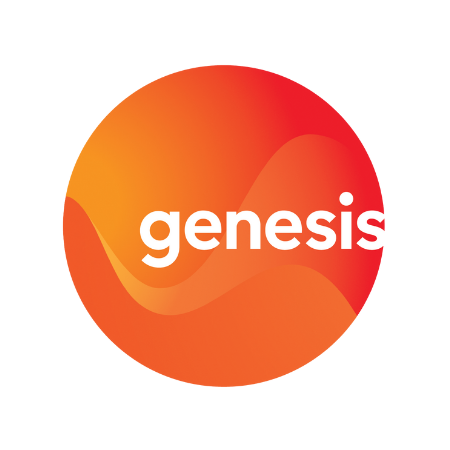
Genesis is pleased to see that the ERP discussion document recognises a national energy strategy is an important foundation for decarbonising New Zealand and that electricity has a key role to play as part of that. We would like to see Government move quickly to define a long-term national energy strategy with a strong commitment to a more renewable energy system supported by clear policies developed in collaboration with business. We believe a focus on carbon intensive areas such as process heat and transport should be a priority, recognising the opportunity for electricity to support a lower carbon Aotearoa.

Silver Fern Farms, New Zealand’s largest red meat company, welcomes the release of the discussion document on the shape of the Emissions Reduction Plan and looks forward to working with officials and Ministers to ensure the final plan supports the ambition and priorities of our farmers, customers and communities.

Coastal shipping and green hydrogen-powered trucking are part of the future for freight in New Zealand believes Chris Dunphy, the new director of Move Logistics — formerly known as TIL Logistics — one of the country’s largest freight and warehousing businesses.
Dunphy believes hydrogen will eventually replace diesel, and he’s also looking to open up shipping and expand across the Tasman. Dunphy’s interest in greener alternatives has been propelled in part by his previous job: shipping and transportation in the Australian coal mining industry.

Stuff feature on building lower carbon homes featuring CLC signatories NZ Green Building Council and Warren and Mahoney.
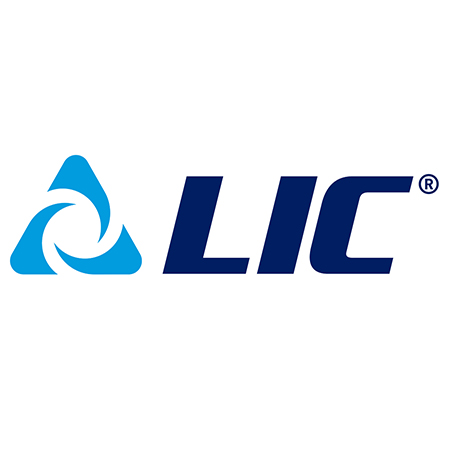
A new report says 30 years of breeding by dairy farmers using LIC genetics has netted a 13% fall in methane emissions and 16% less urinary nitrogen per kilogram of milksolid produced.
This genetic improvement from LIC’s premier sire bulls produced this on-farm reduction between 1990-2020, the co-operative’s inaugural Sustainability Report said.
LIC chief executive Wayne McNee says this herd improvement has been the primary way LIC has helped farmers lower their environmental footprint.

New Zealand company saveBOARD has received a A$1.74 million grant from the Australian and New South Wales Governments towards setting up a A$5 million facility that will turn packaging waste into high-performance building material.
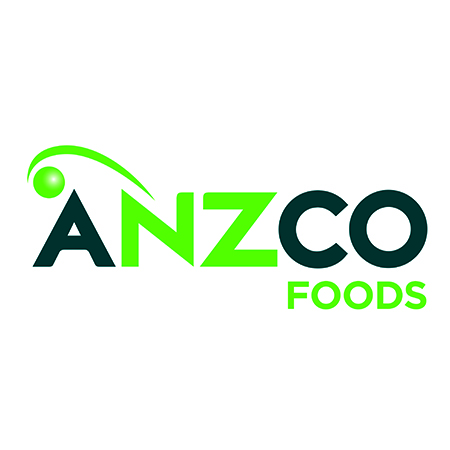
Three of the country’s largest meat companies are upgrading technology to cut carbon emissions.
Alliance has announced investment in three South Island plants, ANZCO to its Canterbury works and Silver Fern Farms to the Pareora works near Timaru.

Silver Fern Farms welcomes $1 million co-funding from the Government Investment in Decarbonising Industry (GIDI) Fund for a $2.6 million coal-out project at its Pareora processing site, south of Timaru, as a significant boost to achieve the company’s commitment to end all coal use by 2030.